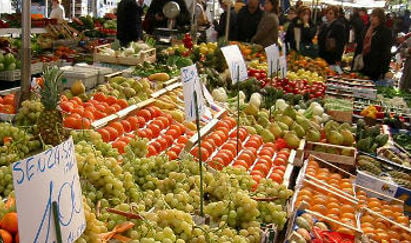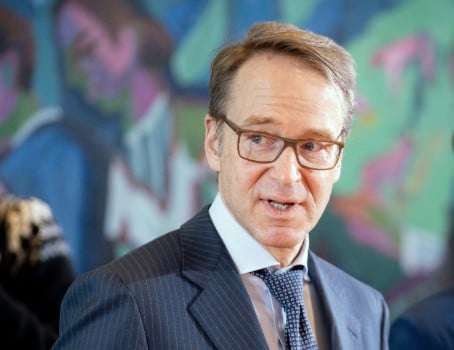Italy's household consumption fell sharply last year, with style-conscious Italians cutting back on clothes and home furnishings, the agency said on Friday.
Average monthly spending per household fell to €2,419 – 2.8 percent less than in 2011.
"Families are afraid of a recovery that is not coming," business daily Il Sole 24 Ore commented.
While spending on food products remained roughly stable, the figures showed Italians spent 10.3 percent less on clothes and 8.7 percent less on house products.
The amount of money spent on free time and culture also went down by 5.4 percent, while spending on energy went up 3.9 percent – a result of increased utility prices during Italy's prolonged recession. Spending on health and medicine was also down.
The drop in spending was more pronounced among couples with one or more children, while there was a slight increase in the monthly expenditure among elderly couples, Istat said.
The data showed gaping regional differences between average household spending of €2,919 a month in the Trentino-Alto Adige region in northern Italy and the €1,628 spent by households in Sicily.



 Please whitelist us to continue reading.
Please whitelist us to continue reading.
Member comments